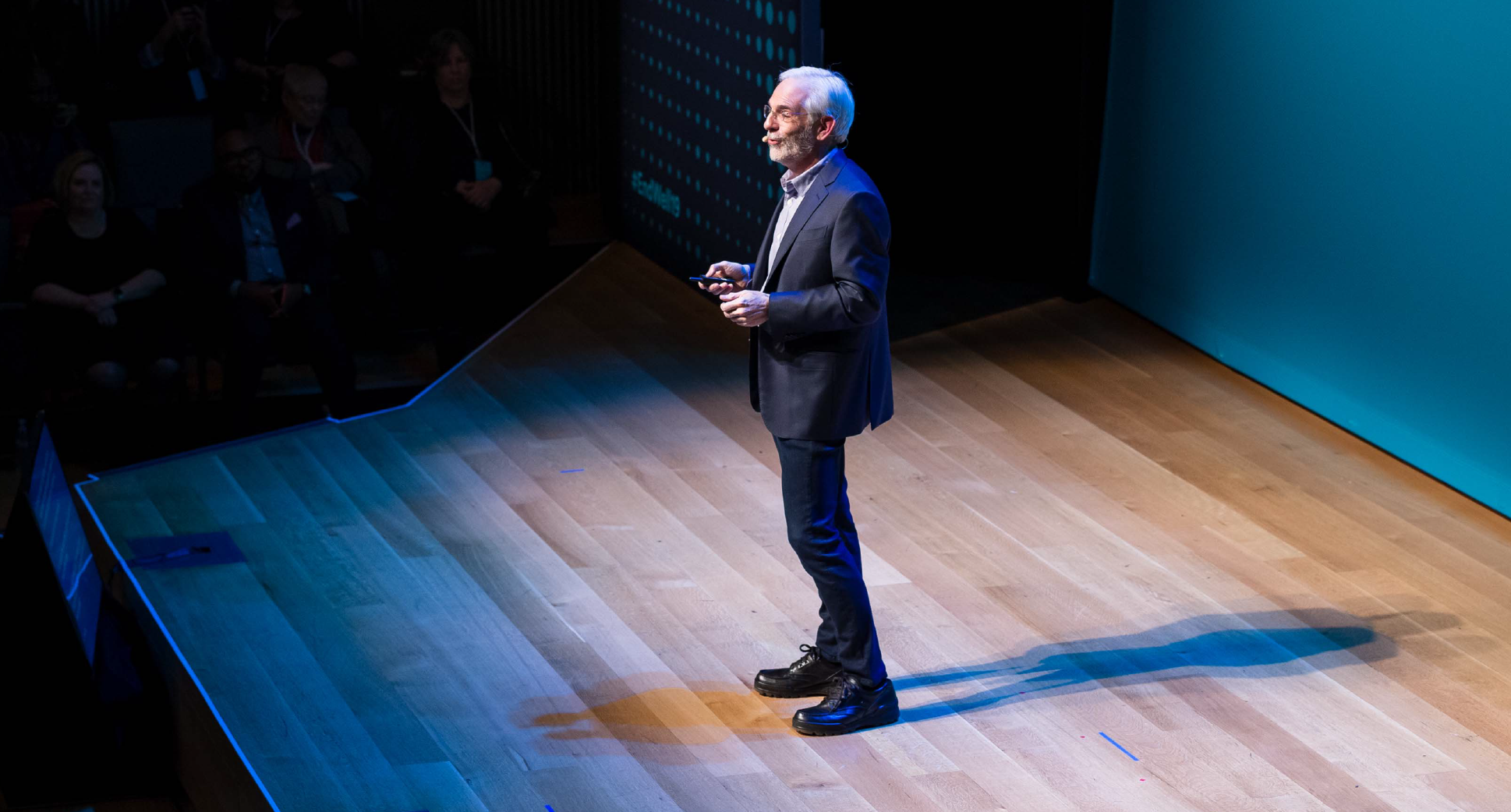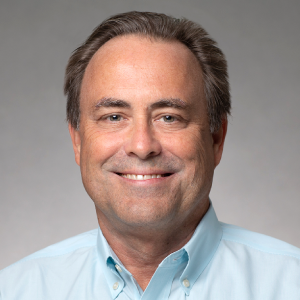Dec 31, 2019
State of change
Changing Americans’ approach to end-of-life care has the potential to transform the health care system itself, according to Blue Cross Blue Shield of Massachusetts CEO Andrew Dreyfus, who recently shared his powerful personal and professional experiences at the thought leaders’ symposium End Well.
“Shouldn’t our physicians know how much our independence and dignity matter to us? Shouldn’t they know if it matters that we can garden or play the piano, or that we never want to spend a single day in the hospital?” Dreyfus asked the audience of 650 tech and design visionaries, theologians, policymakers, clinicians, and others at the annual TED-style California event.
What would happen if we in this room decided that care aligned with our values is what we should all demand from our health care system every single day, rather than only in the face of death?”
End Well was founded in 2017 to bring together a cross-disciplinary set of thought leaders to reimagine what dying in America looks like today. Dreyfus was invited to reflect on his record as a change-maker in health care in Massachusetts.
In the past 15 years, the CEO and his nonprofit health plan successfully helped lead the campaign for near-universal health coverage in Massachusetts; transformed the payment model system by replacing the traditional fee-for-service model with a model that rewards value, quality of care and innovation; and co-founded the Massachusetts Coalition for Serious Illness Care with the Institute for Healthcare Improvement’s Maureen Bisognano, Ariadne Lab’s Dr. Atul Gawande, and Ellen Goodman of the Conversation Project. The coalition brings together clinicians, caregivers, advocates, religious leaders and others to ensure everyone in Massachusetts has the chance to communicate their values and preferences for their care, and that clinicians have the training and support to elicit, document and honor those wishes.
Dreyfus was inspired to help found the coalition in part by the deaths of his father, brother and mother, which led him to think critically about how the health care system cares for people facing the end-of-life, he told the End Well audience.
“It was devastating to lose my parents and brother in quick succession,” Dreyfus reflected. “But I also knew we were fortunate.
My father, my mother and my brother were each able to think about what mattered most to them and choose to live as they wished all the way to the end.”
Last year, the coalition began a significant public messaging research project on advance care planning in partnership with the Cambia Health Foundation.
“We started this research hoping to find ways to broaden the reach of advance care planning and shift these conversations upstream –away from the very end of life and choices about life- sustaining treatments like ventilators and CPR – across very diverse segments of the public,” said Anna Gosline, executive director of the Massachusetts Coalition for Serious Illness Care.
The research team tested different concepts with people of different ages, races and cultural backgrounds. They found the one that resonated most powerfully was an expectation that patients should be part of the team when making choices about their care – a concept that is as important for treating minor ailments as it is for terminal cancer, Dreyfus notes.
“What our research brought home to me is the simple truth that our clinicians should always know what matters most to us, long before the end of life,” Dreyfus said in his address. “It shouldn’t be about some hypothetical tomorrow, but about getting the best care today.”
Blue Cross has opened up hospice benefits, expand its approach to palliative care, brought primary care into the homes of older adults with complex, chronic diseases, incorporated training about advance directives into its wellness programs, and brought Ariadne’s serious illness conversations program to seven health systems in Massachusetts.
“I don’t have all the answers, no one does,” Dreyfus told the End Well audience. “But I believe – as a CEO and as a family member – that we must create a health care system that really listens to patients, that provides care as we all would want it, at all stages of life. And I believe that if we do fix care at the end of life, we have the potential to fix health care itself.
This year’s End Well conference also included addresses by Meghan McCain, who discussed her work challenging stigma about grief and death after the loss of her father, U.S. Sen. John McCain, and country music star Tim McGraw, who was inspired by his father’s death to use his voice in the effort to ensure broad access to excellent care during times of serious illness and through end of life.
Download a transcript of Dreyfus’ address here.
Did you find this article informative?
All Coverage content can be reprinted for free.
Read more here.

